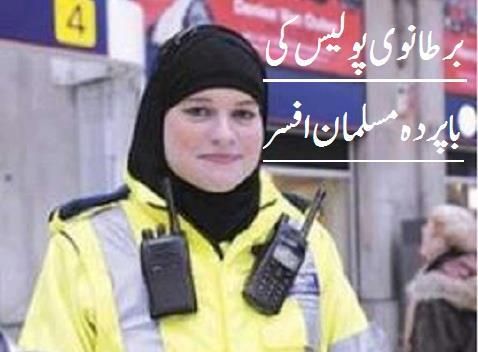Women in Early Islam
The fact that the marginalisation of women in many Arab societies has no religious background can come as a surprise to many, discovers Farah El-Akkad
Judge, minister, scholar and scientist were just some of the professions engaged in by women during the early age of Islam.
Yet, today some women are still not aware of the freedom Islam has given them, and for some it comes as a surprise to learn that the contemporary marginalisation of women has no background in religion.
29-year-old pharmacist Hoda Gamal believes Islam has developed through the years and that today’s world is very different from the early days of Islam. It is for this reason that today women should focus on their main roles, she says. “I would not want to lose myself in work and forget about my child’s needs,” she adds, arguing that modern notions of women’s rights tend to serve westernised concepts about their role in society and are against Islam. However, feminist author Leila Ahmed explains that most conservative ideas about women present in our society are the consequence of the colonial period in which Muslim women were considered to be a symbol of backwardness.
“Muslim women were portrayed as objects of desire surrounded by servants, or as miserable submissive wives. They were uneducated and oppressed in ways unknown in the West. The view of the degraded condition of women and their low status became a metaphor for the decadence of Islamic society,” she states.
In today’s culture there is also a strong division between women’s public and private roles, whereas in the past women were very articulate and outspoken in public. “They were bold and very visible about demanding their rights,” adds Omaima Abu-Bakr, a professor of comparative literature and a member of the Women & Memory Forum (WMF), an NGO.
Meetings with the Prophet Mohamed and discussions of different topics were part of the daily life of women during the Prophet’s time, Abu-Bakr says. “Some would read him poetry and ask his opinion of it,” she adds, and women such as Al-Shefaa’ Bint Abdullah held the post of minister of finance during Omar Ibn Al-Khattab’s time, helping to ensure that markets were properly managed and economic problems dealt with.
According to Hoda Al-Saada, a member of the WMF, “Amat Al-Muhamili (4th century H.) especially excelled in the fiqh of the Shafi School and in the interpretation of the inheritance laws and mathematics.” She was considered to be a major source of legal opinions on inheritance. “There is also Fatima Al-Samarqandi, one of the faqihat of Halab in Syria, who, we are told, had several compilations of fiqh, especially of the Hanafi School, and established the tradition of setting up voluntary iftars for male fuqaha.”
Al-Saada highlights the presence of women between the 9th and 15th century “among the intellectual elite as muftiyat, faqihat, and muhaddithat. In other words, they participated in the fields of theology, religious knowledge and scholarship, as well as in the teaching of these sciences.”
“Among such women are Zeinab Al-Makhzoumiyya in Madina and Hagamiya Al-Awsabiyya in Damascus. Amra Bint Abdel-Rahman from the second generation of companions of the Prophet was sought out by the people of Madina to be counseled on a variety of ahkam and was considered the source for specific legal judgments like prohibiting selling unripe fruit since it might spoil. Imam Malik mentions her as a precedent, and other fatwas of hers are quoted, such as stopping the punishment of theft on a man who stole some ‘rings of iron’. The major historian Ibn Saad calls her an alima or scholar.”
Another important woman in early Islam was Zeinab Bint Abi Taleb, who was buried in Egypt. “Zeinab’s passion for charity and making a difference in society led her to become the first Muslim women to establish orphanages in Iraq and Egypt.
Zeinab also made it one of the conditions in her wedding agreement for her husband to allow her to practice her work.”
However, women in early Islam did not only help to care for others: they were also given the right to take part in warfare, not only as doctors or nurses, but even as engaged in combat themselves.
Abu-Bakr explains that some women today like to harbour conservative ideas about women in early Islam, but these are actually “notions that were derived from a modern social perspective during the 20th century.” As Al-Saada puts it, “it can be surprising that women were active in such an early period of Islamic history, and it is unfortunate to find that in the 21st century people are still debating the legitimacy of women’s work.”


















